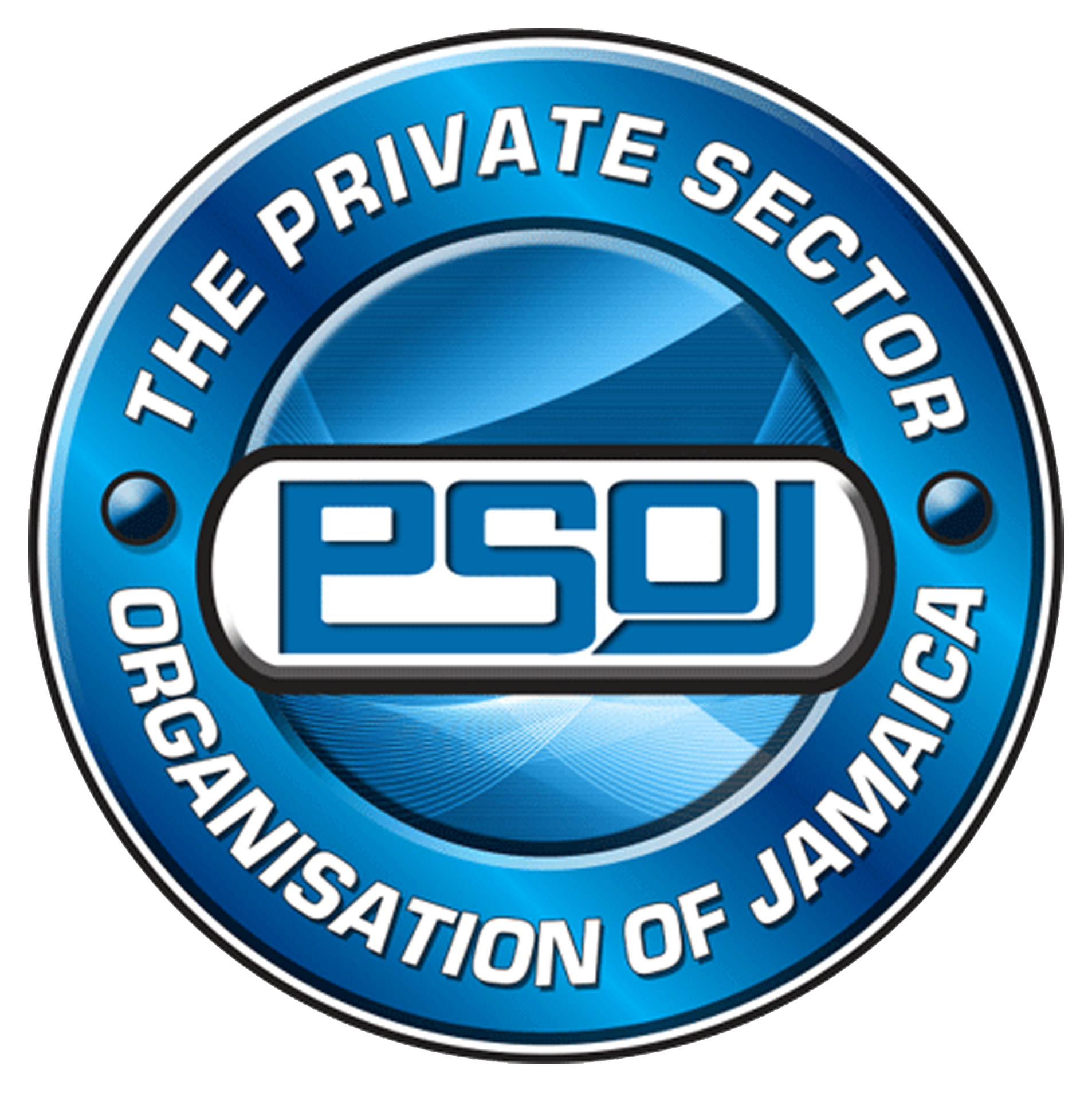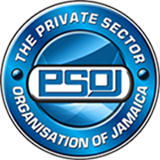
Given the recent monetary policy action effected by the Bank of Jamaica, The Private Sector Organisation of Jamaica (PSOJ) is reiterating its call for caution. This, as the central bank, increased its policy rate by 150 basis points to 4% effective February 21, 2022. The central bank highlighted ongoing inflationary concerns as well as its unease that other major central banks have started or will start to increase interest rates, creating the possibility of capital outflow from Jamaica if local rates aren’t increased.
While we understand and agree with the BOJ’s objective to return inflation to within the 4%-6% band over the near term, it is important that policy is appropriately calibrated, taking into consideration the conditions that are prevalent in Jamaica relative to other countries. For example, the US Federal Reserve has given clear guidance that they will begin a rate increase cycle as soon as March 2022 given the macroeconomic conditions in that country. Of note, the unemployment rate in the US is below 4% and the economy is growing above its pre-pandemic level. The US is running a sizable fiscal deficit that has been supportive of significant demand in the economy. Inflation in that economy is therefore being driven by supply-side constraints as well as significant spending triggered by fiscal stimulus.
Importantly, these aren’t the conditions present in the Jamaican economy. The Government of Jamaica will run a fiscal surplus of 0.3% of GDP for each of the years ending 2022 and 2023. The prudent fiscal stance means there will be no room to implement countercyclical measures to support economic recovery. The fiscal room will be further compromised as higher interest rate impacts debt servicing costs. The local economy is still below its pre-pandemic level with COVID-19 restrictions an ongoing drag on economic activity. Our assessment is that the Jamaican economy will not attain its 2019 peak level of real GDP until 2023. There are signs that the local economy was slowing even before the BOJ started to increase interest rates in 2021. For example, Loans and Advances from the banking system to the private sector has been growing at a declining rate for the past several months, a leading indicator of economic weakness ahead.
The experience of the 1990s where interest rates were increased suddenly and significantly contributed to market instability that led to an economic crisis that took years to recover from.
It is important to point out that the inflation we see in Jamaica is largely driven by external factors, due in part to high import dependency, and not from robust local demand for goods and services. Until external conditions abate any attempt to return inflation to the 4%-6% band will require further drastic increases in the BOJ policy rate which will hurt the economy. Jamaica has had bouts of aggressive interest rate increases to “defend” the local currency or to fight inflation. The experience of the 1990s where interest rates were increased suddenly and significantly contributed to market instability that led to an economic crisis that took years to recover from.
We are therefore urging caution as the country navigates the current elevated inflation conditions.
